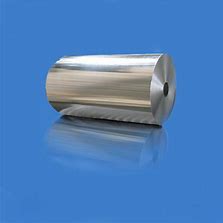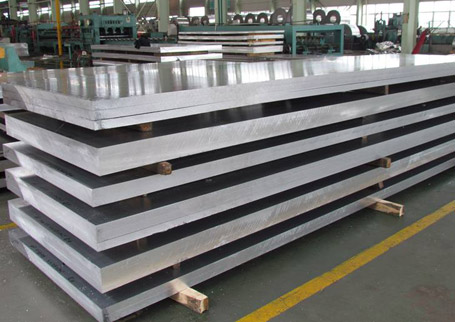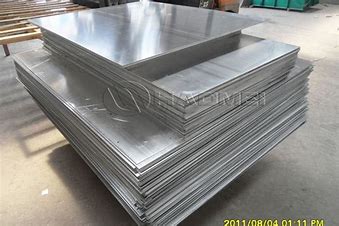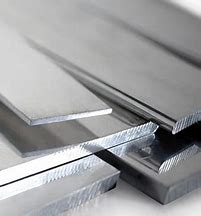



When it comes to wiring a home or building, copper wire is the most commonly used conductor. However, aluminum wiring is available and is oftentimes cheaper than copper wiring. Despite the cost savings, there are several disadvantages to using aluminum conductors in a domestic installation instead of copper wire.

The following are the disadvantages of using aluminum conductors in a domestic installation:
Higher resistance to current flow: Aluminum is not as conductive as copper, which means it has a higher resistance to current flow. This can result in more heat being generated, which can cause the wire to overheat and potentially start a fire. This is a significant concern because overheating and electrical fires can cause serious property damage or even loss of life.
Corrosion: Aluminum is more susceptible to corrosion than copper. When aluminum corrodes, it can lead to the wire deteriorating over time. This can cause connections to become loose, which can result in overheating and potentially cause a fire. Furthermore, corroded aluminum wire can cause electrical resistance, which can lead to a drop in voltage and cause electrical devices to malfunction or fail.
Incompatibility with some devices: Some devices, such as dimmer switches and some types of outlets, are not compatible with aluminum wiring. This can result in the device not working properly or even causing a fire. This is because aluminum wire expands and contracts more than copper wire when it heats up or cools down, which can cause connections to become loose and dangerous.
Difficulty of installation: Aluminum wiring is more difficult to install than copper wiring. This is because it requires special connectors and techniques to ensure a safe and secure connection. This can make the installation process more time-consuming and costly.
In conclusion, while aluminum wiring may be cheaper than copper wiring, it is important to understand the potential safety risks associated with its use. The higher resistance to current flow, susceptibility to corrosion, incompatibility with some devices, and difficulty of installation make it a less desirable option for domestic installations. It is highly recommended to consult with a licensed electrician before deciding on which type of wiring to use for your home or building.
* Thank you for your inquiry. Please provide your business needs information so that we can better serve you.
This information can help us assign the most suitable person to solve your problem. We will give you feedback within 1-2 working days.
Related Blog







